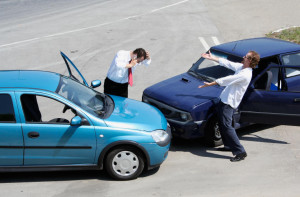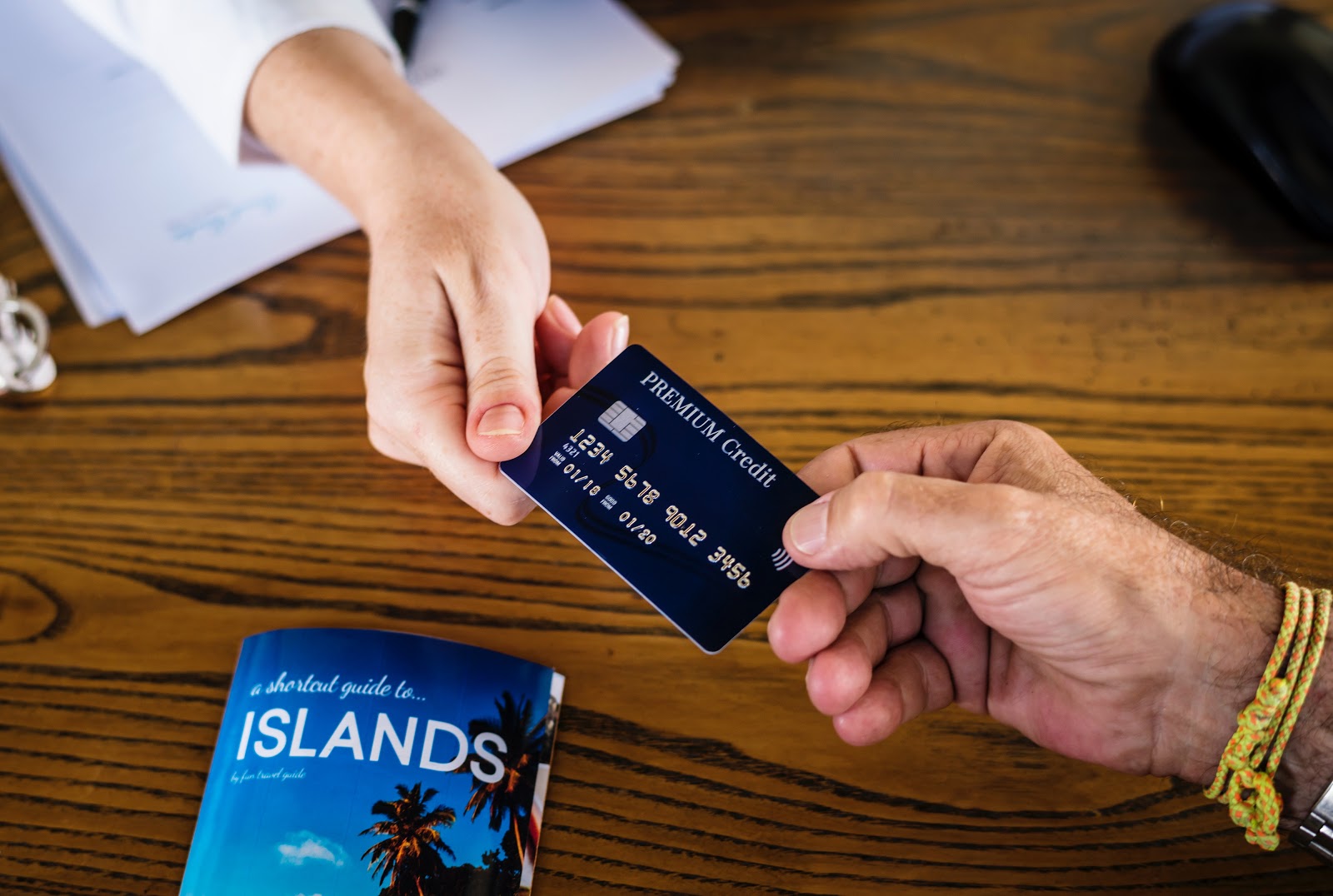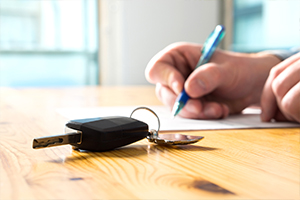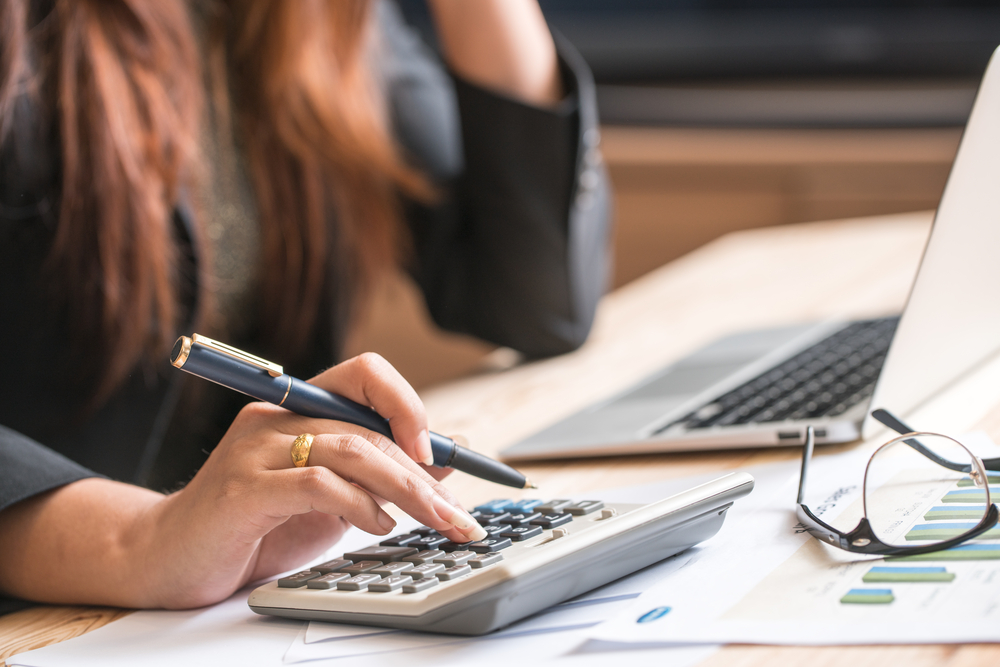What to Do, and Not to Do, After a Car Accident
You’re commuting to work just like any other day, when another driver suddenly merges into your lane without checking his/her blind spot, hitting your car in the process. Shock ensues. How did a car collision happen to you? What do you do now?
As the initial happenings of a car accident can be disorienting and often traumatic, it is absolutely crucial to be prepared! Knowing exactly which steps to take will lessen the blow of a terrible situation.
Here are Some Things to Do Before, and After, a Collision:
 Have Insurance and Make Sure It’s Updated
Have Insurance and Make Sure It’s Updated
Not having auto insurance is illegal and can lead to a costly fine!
STOP!
This may seem like an obvious step, but when faced with the disorientation of a collision, you may be prone to irrationality.
When it is safe, stop your vehicle and turn off the engine. If your car won’t move or you’ve deemed it unsafe to move, turn off your engine and remember to turn on your hazard lights.
Keep Calm
Try as much as possible to remain calm and in control. If you feel you and your passengers are not severely injured, move away from your car and find a safe place to stay while waiting for help to arrive.
Exchange Information
Key information you should exchange with the other driver involved:
- Insurance information
- Names and phone numbers (of drivers, passengers and witnesses)
- Driver’s licence numbers
- Licence plate numbers (of all vehicles involved in the accident)
Record What Happened
Write down all the details of the accident. Have an accident form handy so you don’t miss any key information.
Contact the Police
Scan the vehicles and scene. If anyone has been injured (or shows signs of violating a criminal code offence like driving under the influence) and damages (in total, for all vehicles) seem to be more than $1,000, call 911 as soon as possible.
Do the damages appear to be minor (less than $1,000)? Give the local police a call and follow instructions. You will most likely need to visit a Collision Reporting Centre within 24 hours or the nearest police station to fill out a police report – damages will be documented and photographed.
If you think you don’t need to be bothered with this step, think again. You could potentially save a lot of money, time and hassle if the accident is reported accurately.
Time to Call Your Insurance Company
You can find the number of your insurance company on the back of your insurance card. Be sure to tell them exactly what happened and follow their instructions.
Things NOT to Do After a Car Accident
Do NOT Discuss
Talk to your trusted insurance agent about the details of the accident. However, do not talk or admit fault with the other driver, passengers or witnesses involved. The police will ask for statements – you can give the officer an honest and factual account of what happened.
Do NOT Leave the Scene of the Accident
Even if you think the damages are very minor, do not leave the scene. The authorities will find you and you may be faced with a severe penalty and fine.
Do NOT be Confrontational
 Accidents happen. There’s no need to argue with the other driver. Do you really want to add fuel to an already unpleasant situation? When it is time, you can give your account to a police officer.
Accidents happen. There’s no need to argue with the other driver. Do you really want to add fuel to an already unpleasant situation? When it is time, you can give your account to a police officer.
Do NOT be Pushed Around by Tow Truck Drivers
If you have CAA or Road Side Service, don’t hesitate to call. Ultimately, it is your decision to choose a tow truck company. Don’t be pressured into deciding by ones that arrive first on scene as there may be up-front, brow-raising expenses you may be unaware of.
Better to ask an officer at the scene to refer you to one and have your vehicle towed to a collision reporting center.
Do NOT Approve Repairs Right Away
You’ve almost paid for your auto loan and have taken good care of your vehicle, spending many weekends maintaining its pristine condition. And now it’s dented, shattered and far from perfection. Sure, your instinct is to repair the damages as soon as possible but it is important to speak with your insurance company about your claim before agreeing to repairs. They will most likely refer you to an associated and trusted repair company.
Do NOT Accept Direct Payment
If you are not at fault and the other driver offers to pay you cash on scene for the damages, decline. It may be tempting to resolve the situation right away without the step of reporting it to the insurance companies but you must be cautious; the amount offered may not be enough to cover all damages. It is best to wait for a repair quote.
Some Additional Tips!
Relax
Your insurers and police officers will contact you if they need more information. Feel relief in knowing everything will be resolved and things will return to normal. Continue practicing safe driving to reduce your chances of collisions.
Have an Emergency Kit
A basic vehicle first aid kit in your trunk can go a long way. The Red Cross suggests having the following in your kit:
- A battery-powered radio and flashlight, with extra batteries
- A blanket
- Booster (jumper) cables
- A fire extinguisher
- A Canadian Red Cross first aid kit and manual
- Bottled water and high-energy foods that won’t go bad (replace the water every six months and the food once a year)
- Maps of the area
- A shovel
- Flares
- A tire repair kit and pump
- Matches and a “survival” candle in a deep can that will burn for many hours
This may seem like a lot of stuff to be towing around but it is always better to be prepared- you could potentially avoid some very scary situations!
Our primary goal at Auto Loan Solutions is not only helping thousands of Canadians get approved on auto loans, but also to ensure our customers are well prepared and educated for unavoidable accidents that may occur. We promote safe driving as well as safe investments.
If you’re looking for the best auto loan solution but have bad credit, we would love to help!
Have you been in a collision? How did you handle it? Join our Facebook page and tell us your story!






